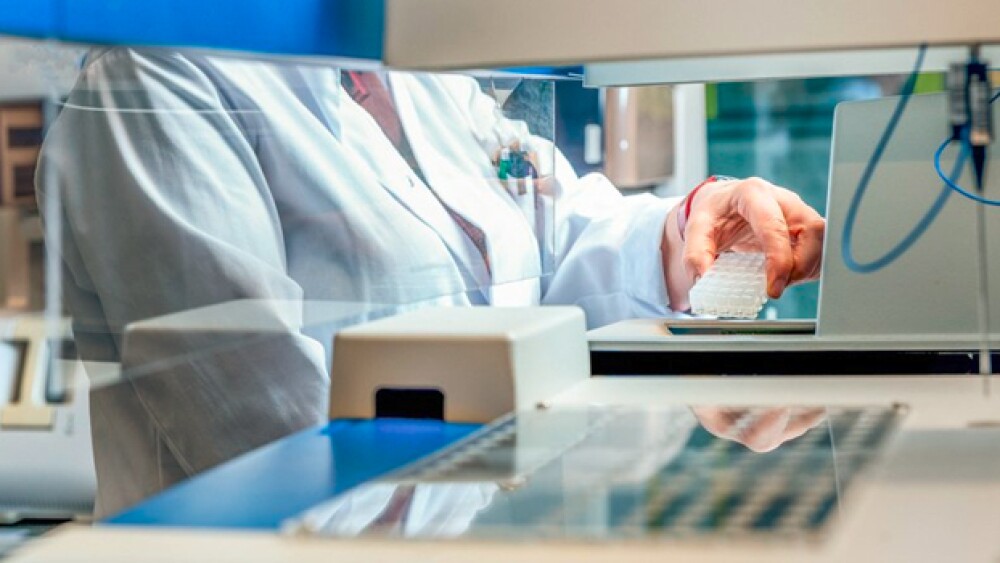Five researchers were touted for their work in life sciences.
Five researchers in the life sciences snagged $3 million each as winners of the 2018 Breakthrough Prize in Life Sciences.
Now in its sixth year the prize, called “the Oscars of Science,” was created to celebrate achievements in science and math. It was created in 2012 and has since awarded more than $200 million to “honor paradigm-shifting research in the fields of fundamental physics, life sciences, and mathematics.” Facebook developer Mark Zuckerberg, the co-founder of the Breakthrough Prize, said it was created to celebrate the achievements of scientists, physicists, and mathematicians, “whose genius help us understand our world, and whose advances shape our future.”
Five researchers were touted for their work in life sciences.
- Joanne Chory – A researcher with the Salk Institute for Biological Studies and the Howard Hughes Medical Institute, Chory was selected for discovering the molecular mechanisms by which plants extract information from light and shade to modify their programs of shoot and leaf growth in the photosynthetic harvest of light.
- Don W. Cleveland – A scientist at the Ludwig Institute for Cancer Research at the University of California at San Diego, Cleveland was selected for his work in revealing the molecular pathogenesis of a type of inherited ALS (amyotrophic lateral sclerosis). Cleveland’s work included highlighting the role of glia in neurodegeneration, and for establishing antisense oligonucleotide therapy in animal models of ALS and Huntington disease, the committee said.
- Kazutoshi Mori – A researcher with Kyoto University in Japan, Mori was selected for elucidating the unfolded protein response, a cellular quality-control system that detects disease-causing unfolded proteins and directs cells to take corrective measures, according to the Breakthrough Prize statement.
- Kim Nasmyth – From the University of Oxford, Nasmyth, the school’s Whitley Professor of Biochemistry, was selected for his work in elucidating the “sophisticated mechanism that mediates the perilous separation of duplicated chromosomes during cell division.” That work could lead to the prevention of genetic diseases such as cancer, the committee said.
- Peter Walter – A scientist with the University of California at San Francisco and Howard Hughes Medical Institute, Walter was selected for his work in elucidating the unfolded protein response, a cellular quality-control system that detects disease-causing unfolded proteins and directs cells to take corrective measures.
In addition to Zuckerberg, the Breakthrough Prizes was founded by Google’s Sergey Brin, Yuri and Julia Milner, 23andMe cofounder Anne Wojcicki, Pony Ma (Chinese tech mogul Ma Huateng) and Zuckerberg’s wife Priscilla Chan. Winners of the prizes are chosen by a selection committee composed of previous Breakthrough Prize winners.





